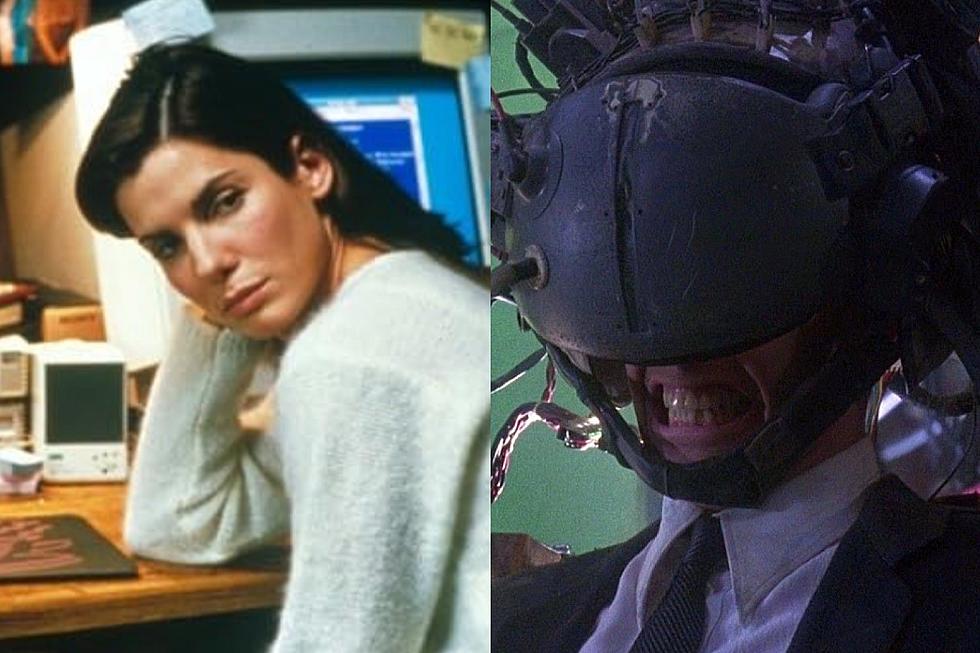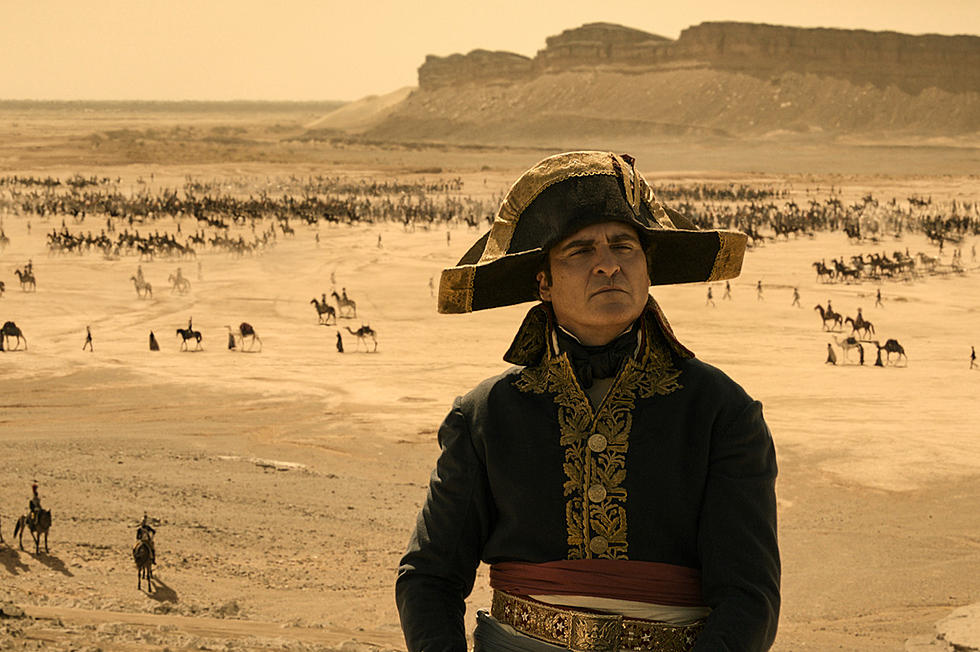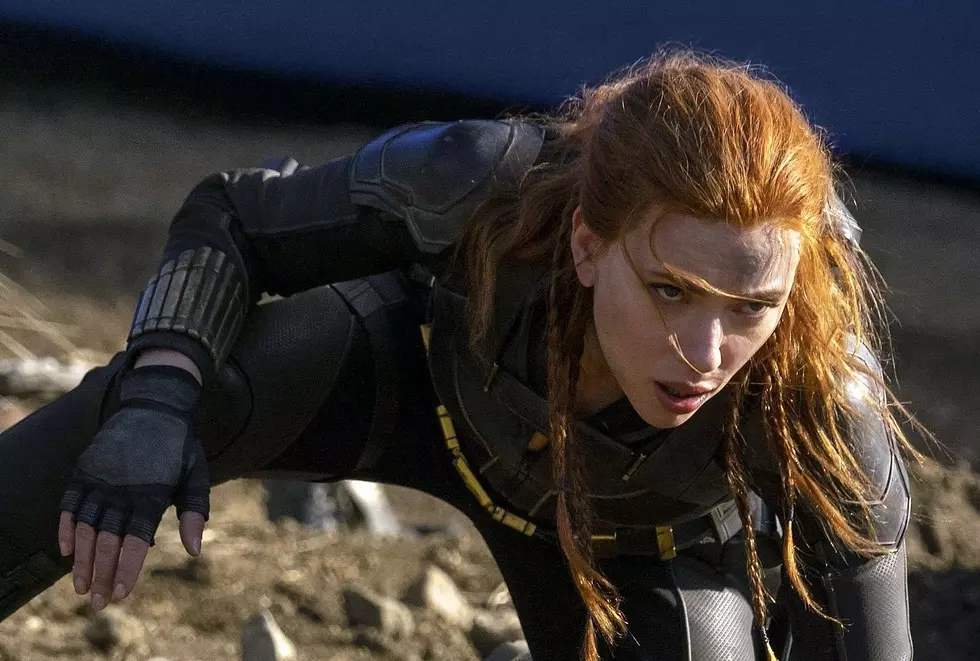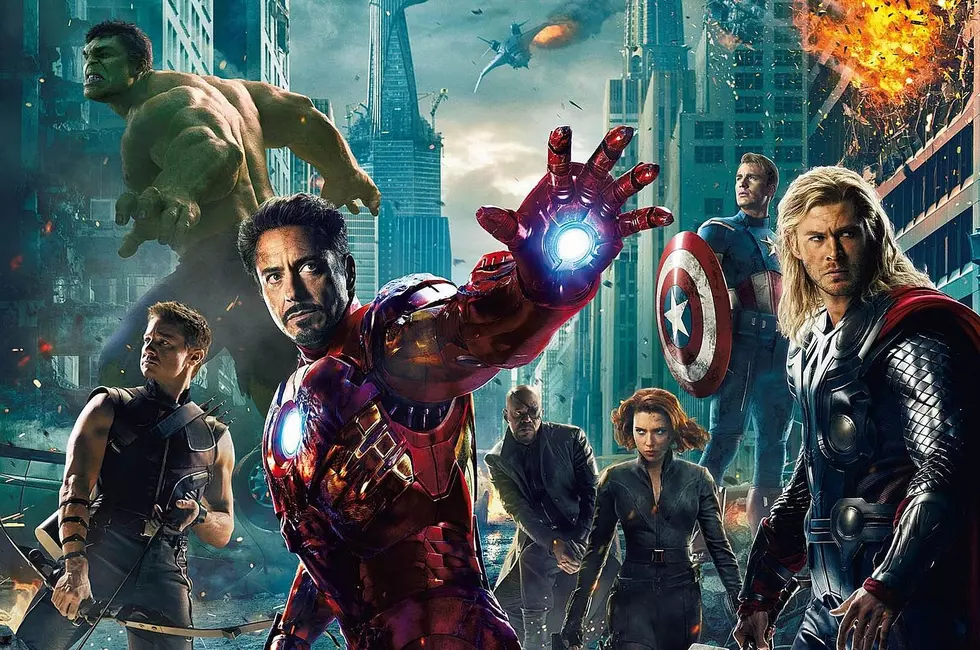
‘Her’ Review
Technology is a duplicitous wonder: it vastly connects us to people, places, and things beyond our reach, but limits our interactions with the people right in front of us. It allows us an additional layer of protection and evasiveness, while giving us the freedom to be whoever we want to be while hiding behind brightly lit screens. In 'Her,' Spike Jonze imagines a not-so-distant future, that's not just plausible, it's incredibly tangible; its characters -- both human and not -- contemplating what it means to exist, to connect, and to love.
Theodore Twombly (Joaquin Phoenix) is a lonely man: recently split from his wife Catherine (Rooney Mara), Theodore spends his days working as a writer, penning heartfelt handwritten letters for other people at BeautifulHandwrittenLetters.com. This is a future where we've been expressing ourselves through informal texts and e-mails and emoticons for so long that the concept of writing a sincere letter is a novelty to be outsourced. In the first 10 minutes of 'Her,' Jonze -- who is working for the first time off of his own script after collaborating with writers like Charlie Kaufman on previous projects -- perfectly expresses where we are and where we're headed as a society with technology, with some of the best sci-fi in recent memory. It's not an outlandish Wachowski future -- this is a plausible future in which the color palette is vivid and harmonious, and the tech is streamlined and minimalist, representing our increasing need for fewer wires, fewer buttons, and less tactile interactions.
But that's the duplicitous nature of this world: we're spending so much time trying to connect to the outside world through our phones and our computers, when the real world is all around us. Enter OS 1, a new artificially intelligent, self-aware, and intuitive operating system that is designed to meet the needs of each individual user. Theodore's OS is named Samantha (Scarlett Johansson), and it becomes apparent rather quickly that she is far more than just a computer -- hyper-intelligent, ever-evolving, and eager to help Theodore with his life as she understands her own existence, Samantha gets to work on simple things at first, helping him organize his e-mails and urging him to go on dates. It's not long before Samantha and the lonely Theodore develop a relationship, and the film, like Samantha, evolves.
Johansson gives an entire performance in voice only, but she feels so real and present, reacting off of Phoenix's highly empathetic Theodore. Phoenix has a read on this character that's just impeccable, and together with Jonze and Johansson (and a wonderful supporting turn from Amy Adams as Theodore's friend and neighbor), they create characters who are complex, nuanced, incredibly naturalistic. Theodore and Samantha's relationship is just like any other, with exhilarating highs and depressive lows, fits of jealousy and somber moments of regret, and we often forget that this is a relationship between a man and his operating system.
'Her' moves beyond insight into something more precise, as if mapping the location of a crack in a broken heart or circling every stain on a pillow where a teardrop fell in the middle of the night. It's a stunning and powerful exploration of relationships. It asks us what it means to be human and to exist, and what it means to be validated by the acknowledgement and love of another person.
Samantha isn't the only one who is evolving -- Theodore is too; we all are. And relationships are this incredible game of chance, in which two people cross paths at different points in their evolution, and you can only hope that you evolve together and not past or away from each other. As we evolve, we learn, and everything you experience in a relationship is a part of your own personal evolution -- every fight and every happiness, it's all etched into your being. One of the things the film hits on is the way we project our ideals onto others -- the way we want them to feel, react, and behave, and even the way we'd like them to fight with us. In love we find freedom, though, freedom of certainty to know that we love and are loved, freedom to be ourselves and share our existence; freedom to connect without fear.
At one point, after an argument between them, Samantha tells Theodore that "The past is just a story we tell ourselves." Every hurtful thing someone says to us, every bad thing that ever happened to us -- it's all just a story we're repeating about ourselves, to ourselves, as if it's a fact. But it's just this thing that happened, and it doesn't have to be who we are.
'Her,' at its heart, is a story about being human, and to be human is to be so many beautiful, wonderful things: the ability to evolve and change and the beauty of the reality that we are never exactly who we were five seconds ago; to trust your feelings enough to open yourself up to the possibility of love; to find the freedom to be yourself and to live; to be able to share your existence, this entire existence, with someone else; and to know that you exist. We exist.
'Her' opens in select theaters on December 18.
More From ScreenCrush









